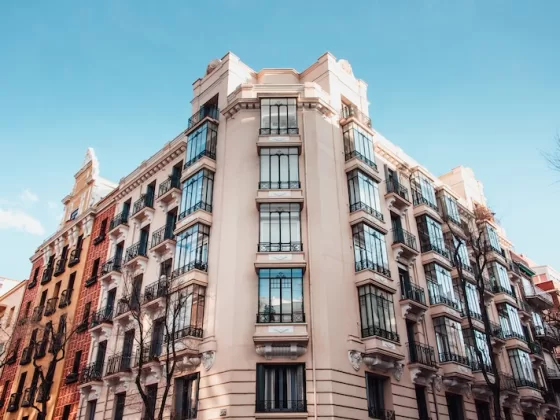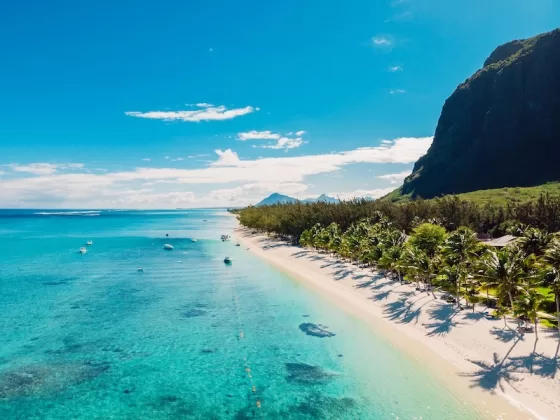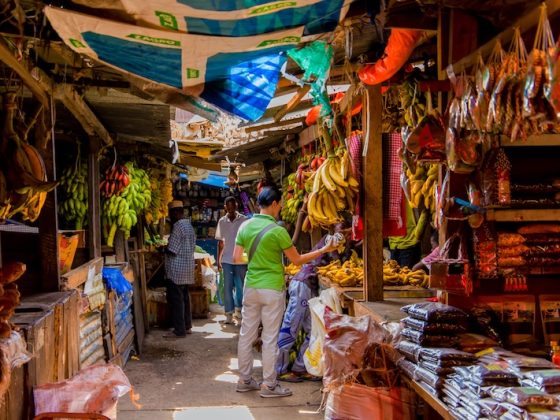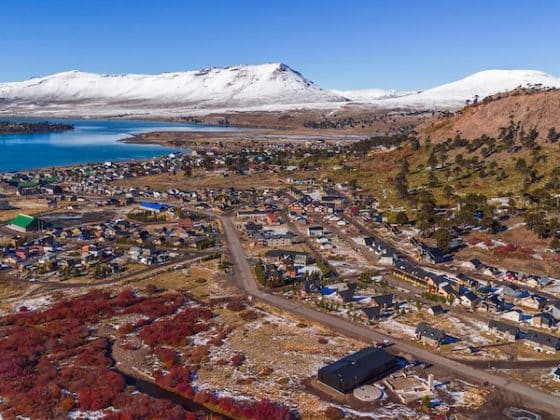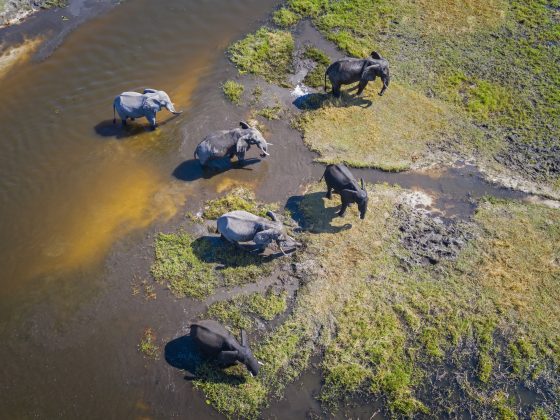Editor’s Note: The $1 Home Revolution
Around the world, small towns and forgotten villages are offering abandoned homes for the price of a coffee—or close to it. But these aren’t turnkey escapes. They are invitations. Behind the bargain price tags lie crumbling walls, red tape, and long weekends spent with a toolkit instead of a cocktail.
Yet for those willing to rebuild from the ground up, the rewards go beyond real estate. Some buyers gain more than a home—they gain residency, relocation grants, tax breaks, or simply a new rhythm of life. This series, aptly named The $1 Home Revolution, explores the people answering that call, one cracked roof and empty street at a time.
Read more like this: Spain lessons of Self Discovery
The Lost Places
Some places slip through the cracks of memory. Forgotten not because they lack beauty, but because the world rushes too quickly past them. In northern Spain’s Asturias region, where jagged peaks meet chestnut groves and time folds softly around stone houses, sits one such place: Ponga. A village both fiercely proud and perilously quiet. A place where, not so long ago, you could buy a home for almost nothing—and gain a whole new rhythm of life in Spain.
This is where Tom and Harriet Russell, a married couple from the UK, found themselves in 2014. He was a freelance graphic designer, she worked in communications for a nonprofit. Both were burned out from the relentless pace of London life.
They’d read about Italy’s $1 homes—those now-famous schemes where forgotten towns tried to save themselves by offering abandoned houses to foreigners for next to nothing. The idea sparked something. But Italy felt unfamiliar, and their hearts were already in Spain.
They remembered long summers in Andalusia and the Basque Country—lazy evenings in sleepy plazas, mornings lost to dusty trails. Could Spain offer the same rebirth, in a culture and language they already loved?
Their search wasn’t easy. But after months of scanning property listings, they found what they were looking for: a crumbling cottage in Asturias listed for the equivalent of $1,300. The roof sagged dangerously; the walls wept with damp. Wild vines crept through broken windows. But in its silence, they heard a beginning.
Read more like this: How to Successfully Settle Down in Spain as an Expat

A Search for Slower—and Cheaper
Theirs was not a fairytale purchase. No government relocation grant. No turnkey escape. Just a dying village, hoping someone would stay. Because they moved before Brexit, residency was straightforward. They registered as self-employed workers, signed up for Spanish healthcare, and slipped quietly into village life in Spain.
“We didn’t just want a project,” said Tom. “We wanted a life we could shape from scratch. And Spain—at least then—gave us the freedom to do it.”
The process wasn’t glamorous. Finding a property at that price meant buying something nobody else wanted. The legal process was slow, but refreshingly simple compared to London’s property market. There were no bidding wars, just a handshake deal and a promise to show up.
But once the keys were theirs, reality set in fast. The charm of remote Asturias was balanced by the challenges of isolation, slow infrastructure, and constant upkeep.
We didn’t just want a project.We wanted a life we could shape from scratch. And Spain—at least then—gave us the freedom to do it.
The Cost Beneath the Bargain
Of course, the price tag only told half the story. Over the next several years, they poured close to $100,000 and counting into renovations. And even now, in 2025, the work isn’t finished.
They lived in a rented camper van for months, cooked on a single gas burner, and showered in local hostels when the water pipes froze. Winters were brutal. Rain hammered through broken roof beams with rats even found in the kitchen drawers.
“There were nights we could see the stars through the roof beams,” Harriet said. “We wondered what we’d done. But in the mornings, when the valley filled with sunlight and mist, we remembered why we came.”
They learned as they went: replacing beams with the help of YouTube tutorials, wiring light switches by trial and error, mixing mortar under the guidance of elderly neighbors, as no local builder could take on the full project. Piece by piece, they became builders themselves. The renovation became their new life’s work—a constant process of learning, failing, and trying again.

More Than Just a Roof
The house gave them more than shelter. It gave them a rhythm. They left behind London’s noise, urgency, and endless commutes. They swapped Michelin-starred dinners for homegrown tomatoes and crusty village bread. They learned to live in seasons instead of schedules.
No one here cares what your LinkedIn says. They care if you show up to clean the church steps on Saturday morning.
They gained a foothold in Spain: an address, a tax number, and the beginnings of a life. While the house itself didn’t grant them residency, their decision to register as self-employed gave them the legal right to stay. More importantly, the home gave them a base—a place to build from—and a pace of life they hadn’t realized they were searching for.
The home gave them a base—a place to build from—and a pace of life they hadn’t realised they were searching for.
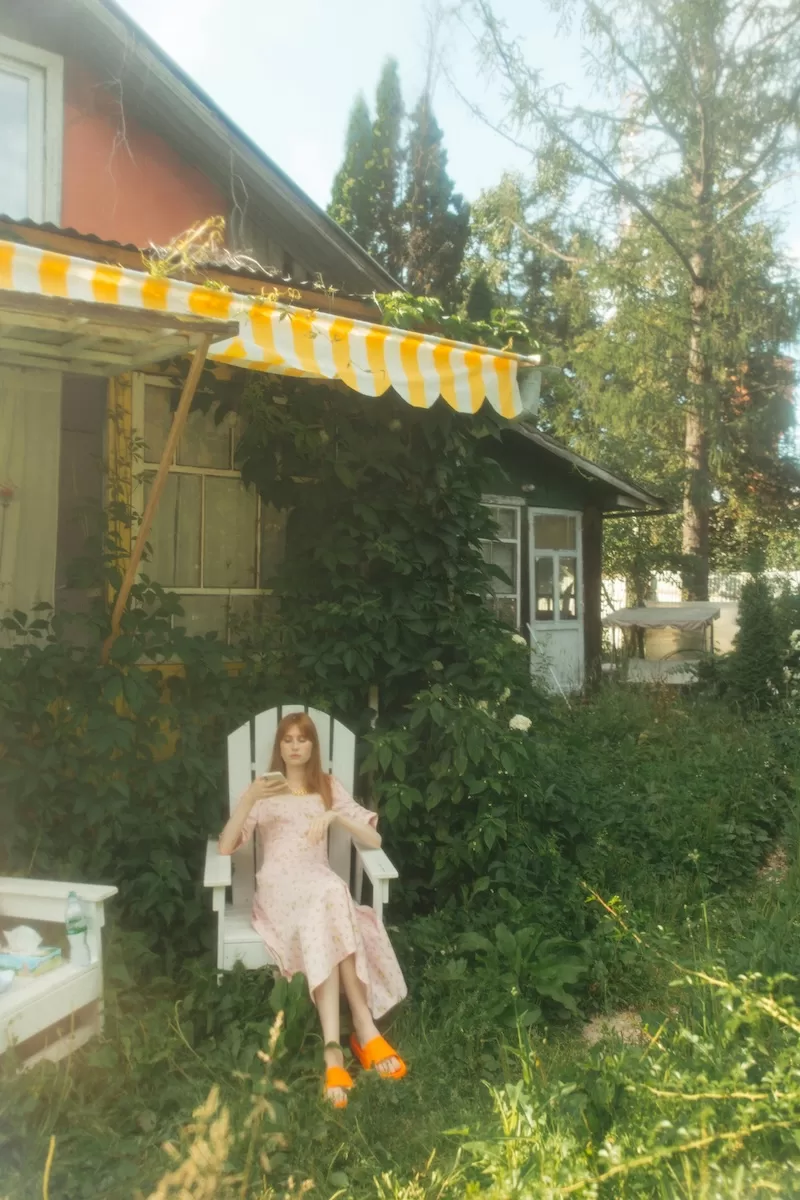
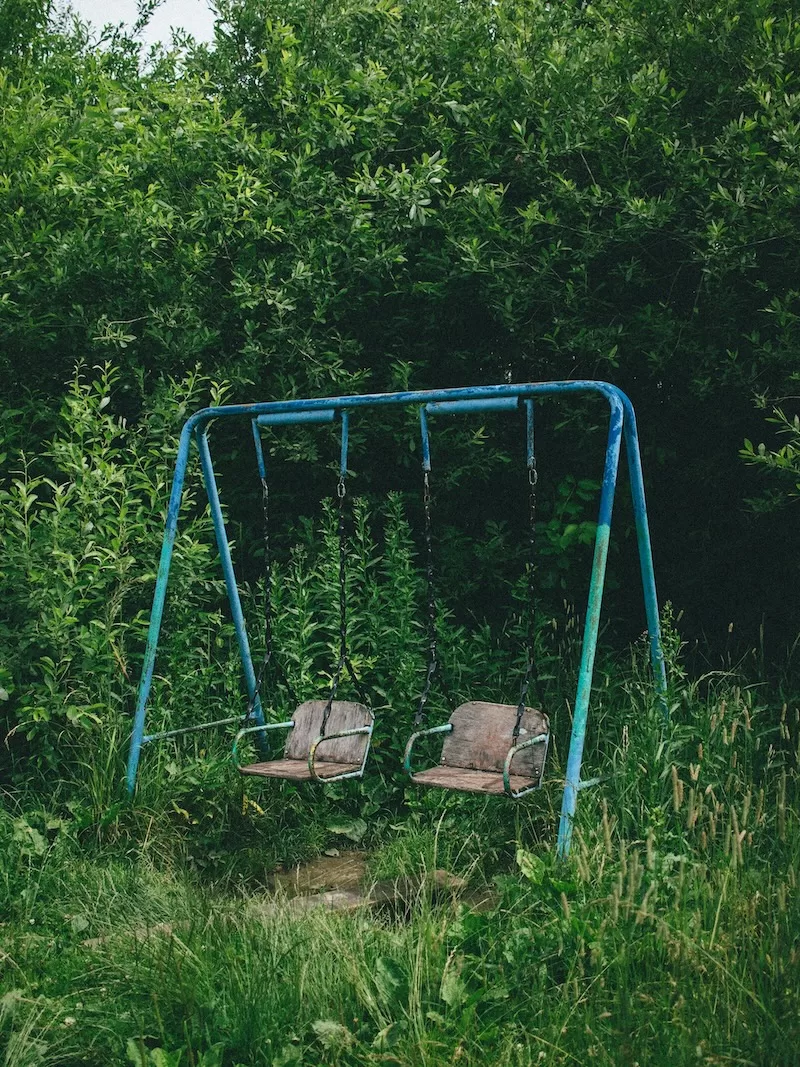
Finding Their Place in Ponga
Becoming part of a community like Ponga doesn’t happen overnight. It’s a long game of showing up, sharing work, and learning the language of the land. Slowly, they found their place: helping neighbors with harvests, restoring old trails, and joining the local hiking club. Harriet organized a book swap at the town hall. Tom taught basic graphic design to teenagers curious about the outside world.
The village’s elders shared stories over sidra (cider), teaching them the rhythm of the land. They were welcomed not because they bought a house, but because they stayed—and because they showed up, again and again, in the quiet moments that make up a life.
What they built wasn’t a business. It was a home that hummed with small rituals: Sunday coffees on the terrace, afternoons repairing fences, evenings spent chatting with neighbors outside their door.
“It’s not about achieving something,” Harriet said. “It’s about belonging to somewhere, little by little.”
They were welcomed not because they bought a house, but because they stayed—and because they showed up, again and again, in the quiet moments that make up a life.
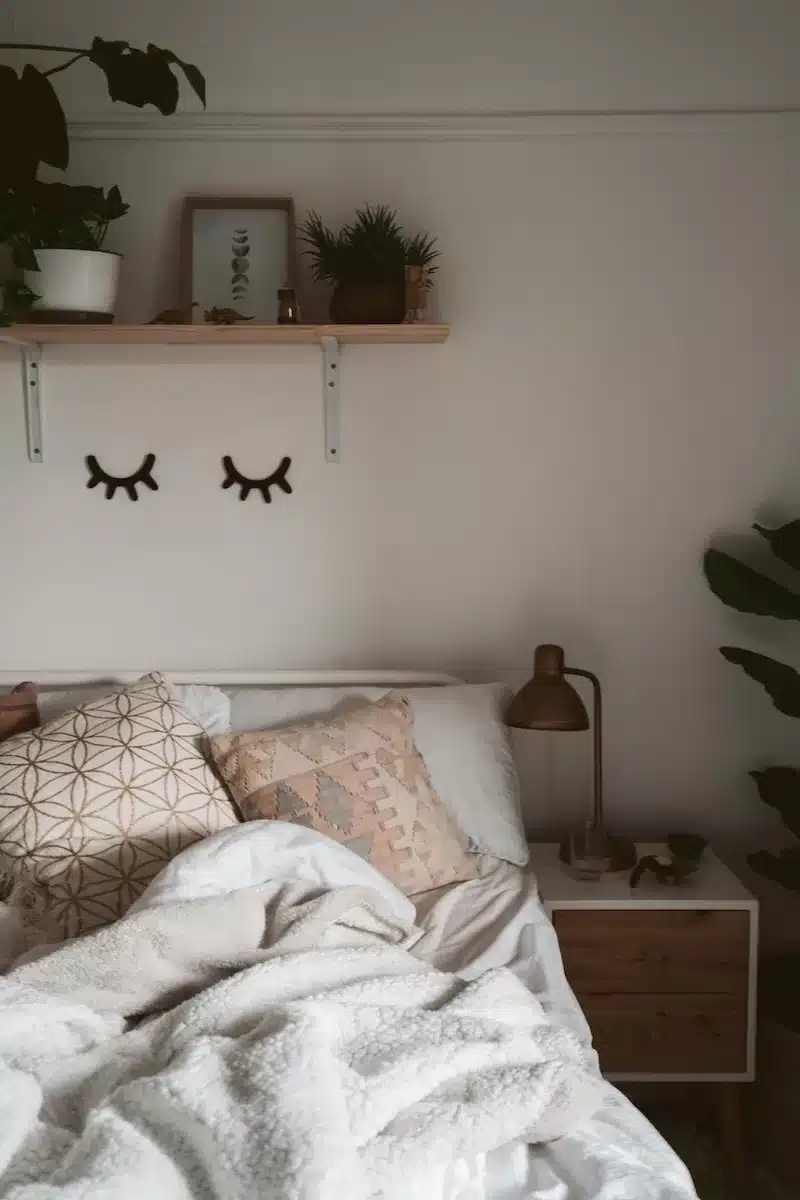
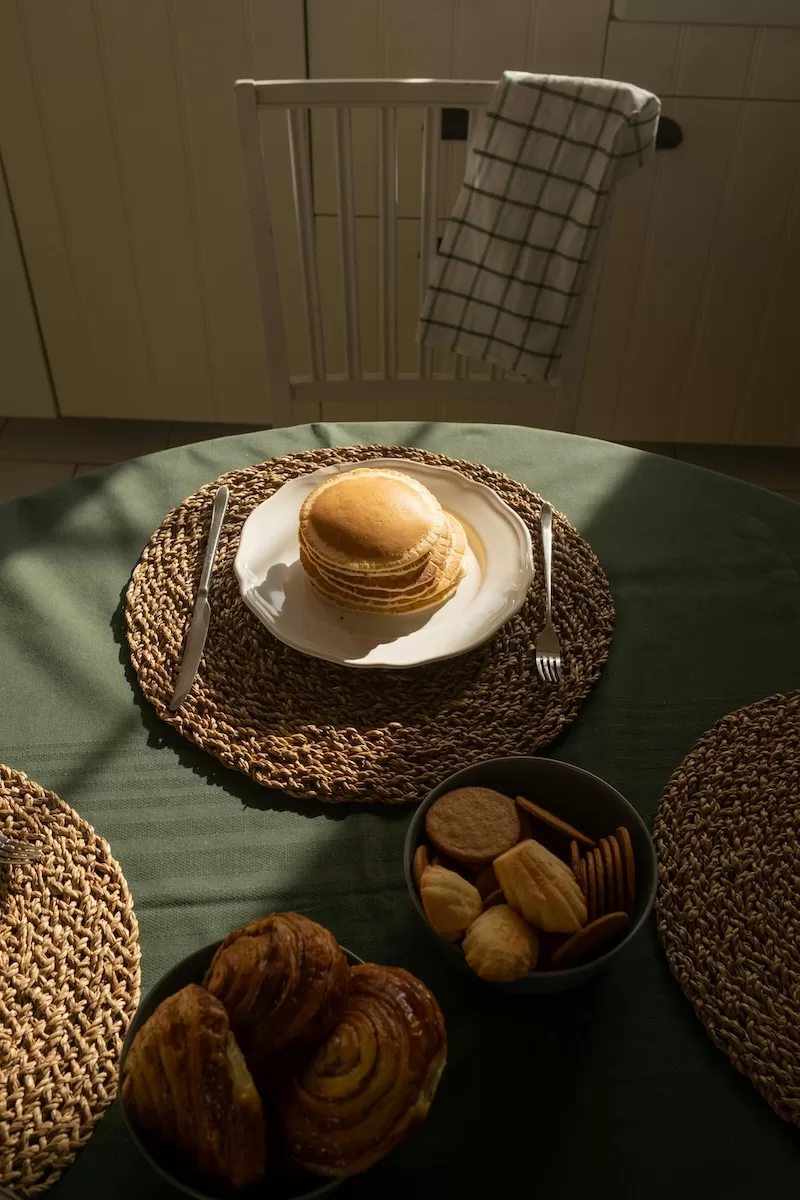
The Cost of Staying
Life in places like this is rarely easy. Bureaucracy takes time. Winters are damp and unforgiving. Isolation weighs heavier when the days are short and the road out of town is washed away by rain.
But what you gain is a life measured by something other than deadlines and notifications. There is time to focus, to get a job done without interruption. There is space to grow your own food, to fix what breaks, to learn how to do without. And there is familiarity—people who know your name, who wave from tractors, who knock on your door not because they need something but because they noticed your lights were still on late into the evening.
Birthdays aren’t events, they’re gatherings. Community isn’t curated, it’s what happens when you share tools and stories over the same piece of cracked pavement.
The house itself is still a work in progress. The roof leaks when it rains too hard. The garden runs wild if you miss a weekend. But you learn to live with it. Perfection was never the goal.
There are days it feels like a lot of effort for very little return. But there is also a kind of quiet satisfaction in knowing that what you’ve built is yours—and no one else is going to do it for you.
What you gain is a life measured by something other than deadlines and notifications. There is time to focus, to get a job done without interruption. There is space to grow your own food, to fix what breaks, to learn how to do without.
Read more like this: Things to Know if You’re Moving to Spain
A Changing Dream
Tom and Harriet’s story is part of a quiet shift. Around the world, city dwellers are leaving behind noise and speed for something slower, older, and deeply human.
They join a global undercurrent of people choosing to rebuild abandoned cottages instead of chasing startups. Spain remains uniquely positioned—culturally rich, geographically diverse, and still affordable, if you’re willing to look beyond the coasts.
How long these places remain forgotten is anyone’s guess. But right now, for those willing to take the risk, the door is still open.

What Happens Now
Tom and Harriet’s story unfolded at a rare moment in time. Before Brexit, Brits could move freely across Europe. Today, the path is more complicated.
If You’re British Today:
- Digital Nomad Visa (2023): Remote workers earning at least $2,400/month from non-Spanish companies can stay up to 5 years.
- Non-Lucrative Visa: Best suited to retirees or those with passive income of at least $2,800/month. You can’t work locally, but you can enjoy a slower life.
- Golden Visa: Requires a property investment of over $540,000—far beyond what a cottage in Asturias will cost.
If You’re American or Canadian:
The rules are similar. Spain’s Digital Nomad and Non-Lucrative Visas are open to most third-country nationals, though processing times and paperwork can vary.
If You’re an EU Citizen:
The door remains wide open. Germans, Dutch, and Scandinavians continue to quietly repopulate parts of Asturias, Galicia, and the Pyrenees.
Read more like this: Tips to Moving to UK
Where Else Can You Find This Life in Spain?
Spain isn’t alone in this quiet revival. Italy’s $1 home programs have attracted headlines, but buyers there often face $75,000 or more in renovation costs, plus strict timelines. Greece offers relocation grants to families moving to remote islands. Japan’s akiya programs give away abandoned countryside homes, hoping to draw young people back to depopulated regions.
Within Spain, Galicia’s misty hills still hide $5,000 stone cottages. Castilla y León lists entire hamlets for the price of a single Barcelona studio. Aragon’s empty villages wait for anyone willing to weather their long winters. Even with the digital nomad boom reshaping Spain’s coastal cities, the interior remains largely untouched—for now.
Read more like this: Why Barcelona Keeps Rising on the World’s Happiness Rankings

What This Means for the Rest of Us
The Russells’ story is less about property and more about presence. It is a reminder that home is something you build, not something you buy ready-made. They didn’t escape life. They chose to live it differently.
Spain’s forgotten villages still whisper their invitation: rebuild what was left behind. But they ask for something in return—time, commitment, and the courage to face yourself in the quiet.
Because the hardest part isn’t buying the house. It’s showing up for the life that follows—in all its messiness and meaning.
As Harriet put it: “You won’t fix your life by buying a cheap house. But you might find a life worth building, one day at a time.” And maybe, in the end, that’s enough.
You won’t fix your life by buying a cheap house. But you might find a life worth building, one day at a time. And maybe, in the end, that’s enough.
FAQ: Life in Spain
1. What is expat life in Spain like?
It’s relaxed, friendly, and full of sunshine. Many expats enjoy the slower pace and great lifestyle.
2. What is the cost of life in Spain?
Spain is generally affordable, especially outside big cities. Housing, food, and transport cost less than in the UK or US.
3. How is living in Spain for foreigners?
It’s easy and enjoyable. Locals are welcoming, and life is comfortable once you adjust.
4. How is life in Spain different?
Life is more laid-back, with a focus on family, food, and enjoying the moment.
5. Is Spain a good place to live?
Yes, it’s one of the best places to live for its climate, lifestyle, and low cost of living.

